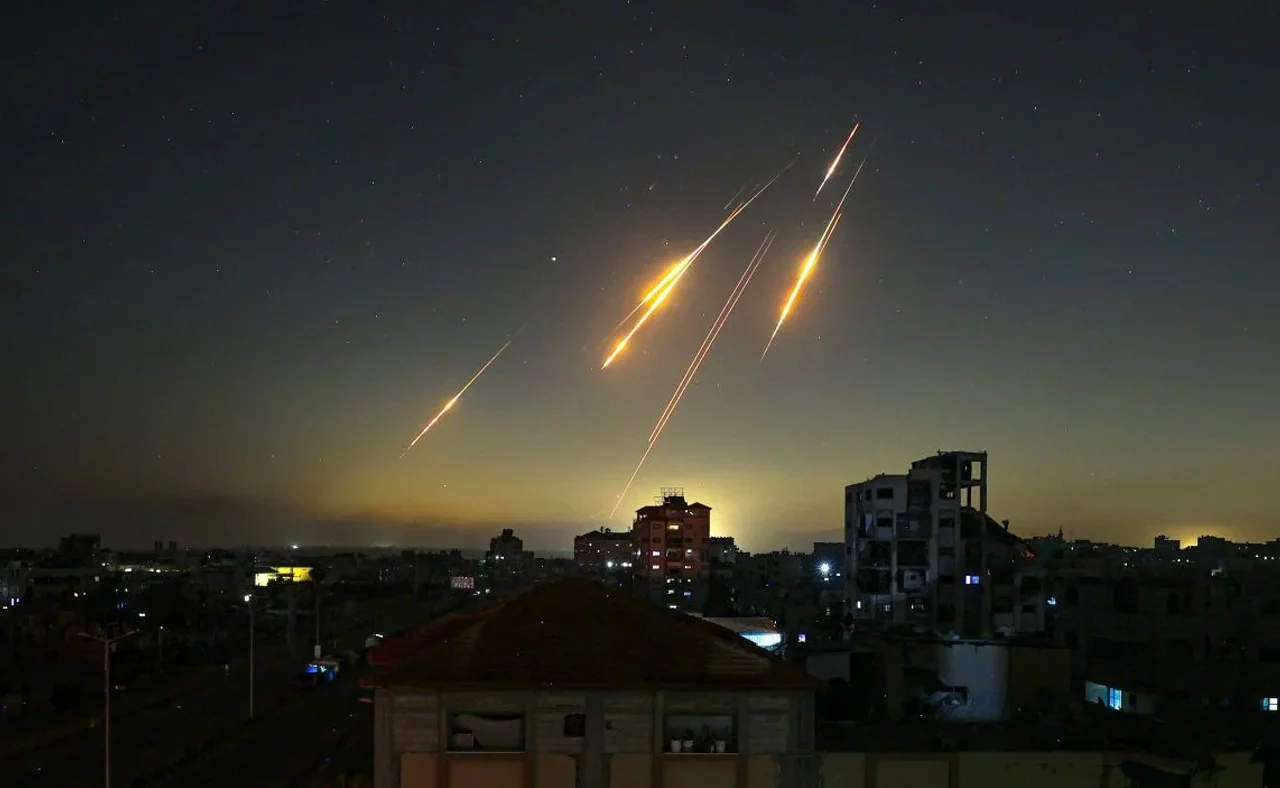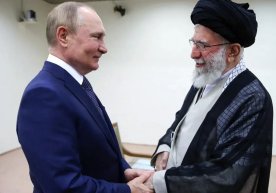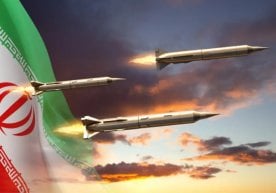Iran–Israel war: lessons of true alliance and loneliness

One of the most discussed events of the past week is the direct war between Israel and Iran. Previously, clashes between these two states mainly occurred through proxy forces, and there was almost no direct face-to-face confrontation on the front. But this time, the situation is completely different: proxy forces have been defeated, and now both sides are on the battlefield, meeting face to face. For the first time in history, Iran found itself alone against its enemy and saw the real value of true allies.
When a war begins, politicians and analysts around the world always pay close attention to the word “ally.” The reason is that no state, relying only on itself, can win a major war alone. Russia’s experience in recent years is a vivid example: Moscow, the heir of the once-powerful Soviet Union, is now forced to buy weapons even from North Korea in its war against its neighbor.
Israel’s strong allies and Iran’s loneliness
In the recently started Israel–Iran confrontation, the topic of alliance has come to the forefront again. The US has acted as a powerful assistant to Israel, providing significant help in intercepting missiles, intelligence, and technical support. On the other hand, Iran is forced to fight alone at such a critical moment. While the US does not directly participate on any other front, its support is crucial for Israel.
Iran, meanwhile, even though it has strengthened relations with Moscow in recent years and even supplied drones and weapons to Russia in the Ukraine war, cannot get real help from Russia at this decisive moment. This situation is undoubtedly becoming a serious lesson not only for Iran, but also for other regional powers.
Analyzing Russia’s role
For Iran, Russia’s help would primarily be very important in the field of air defense systems and military aviation. Because before Israel’s attacks, Iran’s defense systems were weakened by Mossad agents, as a result of which Israeli planes could fly almost unhindered. If Moscow had provided its modern air defense systems or fighter jets to Iran, the situation on the front could have been completely different.
However, Russia is not taking this action. First, because of the war in Ukraine, all attention and resources are focused on this front. The complex situation in Donbass and eastern Ukraine has reduced Russia’s ability to provide large-scale military support on other fronts. Secondly, after the collapse of the Assad regime in Syria, Russia’s influence in the region sharply decreased. The air bases in Syria have become almost ineffective.
Positions on the diplomatic field and the Kremlin’s stance
Not only military assistance, but also on the diplomatic field, Russia could have been a great support for Iran. The personal relations between Putin and Netanyahu, and Russia’s connections with the Jewish diaspora, are noteworthy. In such a situation, the Kremlin is not rushing to take a clear position — on one side is strategic partner Iran, on the other is the Jewish state of Israel. Putin has repeatedly separately emphasized the tragic history of the Jewish people. Therefore, Moscow does not consider this war as its own and refrains from open support.
Russia’s passivity in foreign policy and its reasons
In recent years, Russia’s passivity in foreign policy has become more apparent. Since 2022, in the war with Ukraine, Russia has lost its main forces. In the Azerbaijan–Armenia conflict, Moscow criticized Armenia instead of helping, and did not intervene in the Karabakh situation. The Assad regime in Syria clearly showed that Russia’s regional influence has faded. And now, in the Iran–Israel war, Moscow refuses to act as a devoted ally.
Conclusion: war and alliance — the real test
These events are a new lesson in global politics: no state, no leader can fully rely on an absolute ally, everyone puts their own interests first. Today, an ally who promised to help on the battlefield may, in a difficult day tomorrow, be content with merely expressing “deep concern.” Therefore, every country — whether Iran, Ukraine, or another region — should update its strategy in advance and be ready to defend its interests with its own strength and capabilities.
The times when one could believe in alliance, loyalty, support, and devotion are behind us. In the new era of real politics, everyone is first and foremost responsible for their own fate. War has once again proven in practice that it is a test for true friends and allies. Read “Zamin” on Telegram!
Ctrl
Enter
Found a mistake?
Select the phrase and press Ctrl+Enter 





















